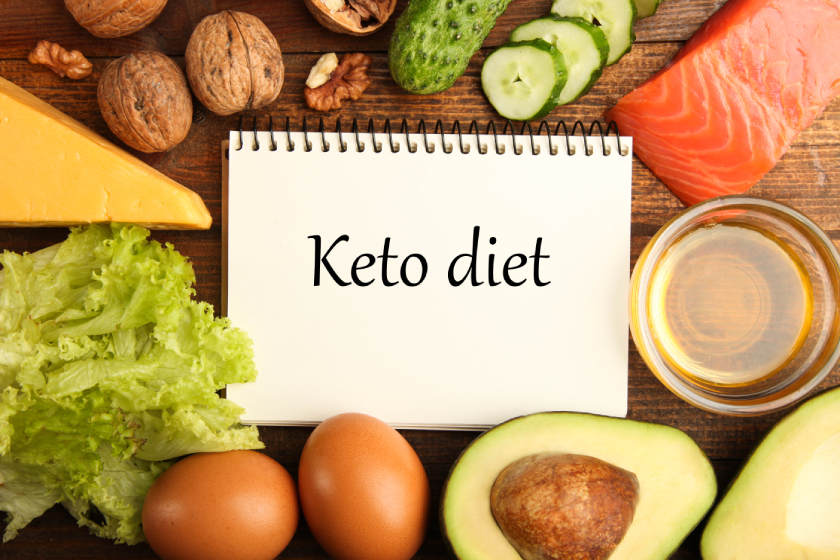As a person ages, their dietary needs evolve and it becomes crucial to adjust eating habits accordingly. One such diet that has been gaining attention for potential benefits in the elderly is the ketogenic diet, commonly referred to as ‘keto’. Originally used to control epileptic seizures, the keto diet is low in carbohydrates and high in fats. It aims to get your body into a state of ketosis, where it burns fat instead of glucose for energy.
In this context, keto for elderly is being discussed both for its potential benefits and its possible risks. It’s critical to understand what the science says, and more importantly, to consider a diet’s feasibility in the context of each individual’s lifestyle and health.
Potential Benefits of Keto for the Elderly
Studies suggest that the keto diet might hold some benefits for the elderly. As our bodies age, we become more susceptible to chronic illnesses like heart disease, diabetes, and certain types of cancer. There’s evidence that a diet high in healthy fats and low in carbs can help regulate insulin levels, reduce inflammation, and even promote better brain function. Some researchers believe that a keto diet might even slow the progression of Alzheimer’s disease and other forms of dementia.
That being said, it’s important to note that much of this research is still in its early stages. While the potential of keto for elderly is promising, it’s far from a confirmed solution to these complex health problems.
Possible Risks and Concerns
While the potential benefits of keto are intriguing, there are also serious concerns when it comes to the elderly. For starters, this diet can be challenging to follow, particularly for individuals used to a more conventional eating plan. The drastic change in diet might cause side effects like nausea, fatigue, and constipation, often referred to as the ‘keto flu’.
Moreover, the keto diet can potentially cause nutrient deficiencies. It restricts many foods that are high in essential vitamins and minerals. In the case of the elderly, who are already at a higher risk of nutrient deficiencies, this aspect of the diet requires careful consideration.
Lastly, individuals with certain medical conditions, particularly those related to the liver, pancreas, or gallbladder, might have difficulties digesting the high amount of fats in the diet. It is vital that any significant dietary change, such as transitioning to keto, is done under the supervision of a healthcare professional.
Concluding Thoughts: Keto for the Elderly, a Decision to be Made with Care
As is often the case with diet and nutrition, there’s no one-size-fits-all solution. The keto diet shows promise for the elderly in some respects, but it’s not without potential risks. If you’re considering the transition to a keto diet, it’s essential to consult with a healthcare provider who understands your specific health circumstances.
The decision to adopt ‘keto for elderly’ should be made with a thorough understanding of the individual’s health history, current health status, and lifestyle habits. A tailored approach to nutrition is always the best choice when it comes to supporting health and wellness in one’s golden years. It’s essential to remember that a diet is not just about longevity but the quality of life.






